What’s the secret to boosting your child’s cognitive function, independence, and goal-getting abilities? Jenny Tai spills a remarkably happy and smile-inducing secret that promises great relief and reduced stress for both parent and kid.

Just let children play
That’s right. Just play. Simple, isn’t it? Give them uninterrupted free play, unencumbered by any of your hidden agenda to teach them something educational. Stop pointing out that the crayon they’re colouring with is blue, or asking them to draw a triangle. Hold back from guiding them through a project or hinting at the right piece to the puzzle. Sometimes the best you can do is be utterly, totally hands-free.
A study from the University of Colorado shows that there is significant value in free play, daydreaming, and make-believe. Unstructured play boosts executive function, a critical cognitive skill that enables better self-regulation, self-discipline, and emotional and behavioral control. Executive function also gives us the ability to generate personal goals and achieve them through self-direction.
What are my kids saying?
“The prince is going to slay the dragon!” “Mr. Potato head lost his arm!” “It’s okay, Tigger will get it back, even if he has to bounce over Oozy Goopy River and Shadow Mountain to retrieve it.”
When your kids are playing make-believe, they probably talk to themselves a lot. But this private speech is more than just senseless chatter. They’re talking to themselves about what they’re doing and thinking and what obstacles – imaginary or otherwise – to overcome.
Executive function researcher Laura Berk calls this talk “self-regulating language,” which “has been shown in many studies to be predictive of executive functions.”
Here’s another scenario: Your kids make up their own game with their own rules. They’re exploring the boundaries and policing each other. Most likely, they’re adjusting the rules as they go. Little do you know that they’re actually developing their risk-taking, problem-solving, and decision-making skills.
More to play than meets the eye
“Free play is nature’s means of teaching children that they are not helpless. In play, away from adults, children really do have control and can practice asserting it,” writes Boston College psychology professor Peter Gray in Free to Learn: Why Unleashing the Instinct to Play Will Make Our Children Happier, More Self-Reliant, and Better Students for Life.
In structured play or lessons where the adult has control, kids’ private self-regulation speech decreases, and they’re being told what the goal is and how to achieve it. There is less self-directed executive functioning.
This isn’t to bash on structured programs, but the point is that we need to recognize the wonderful benefits of free, unstructured play and make more time for it in our children’s busy schedules.
Perhaps your child is overscheduled. Are their calendars jam-packed with tutor sessions, enrichment classes, soccer practice, holiday camps, piano lessons and ballet? I get it. You want your child to be stimulated and get a head start in school. Parents only want what’s best.
Free Play, Great Benefits
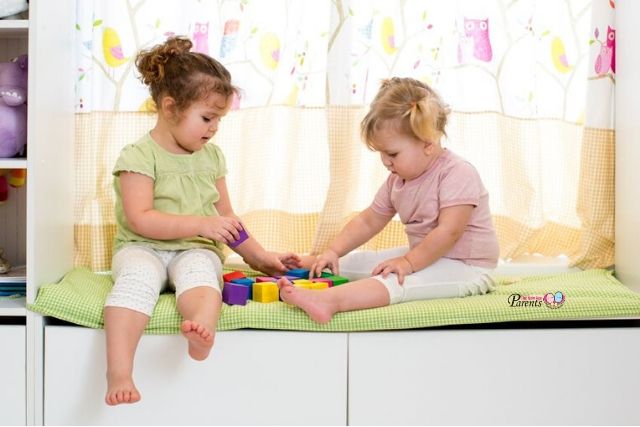
But consider this: Executive function plays an important part in school and life preparedness. Free play can help. If your child excels in self-directing, then they can tend to their schoolwork independently, working problems out and managing themselves. They will already be ahead of the kids who need constant guidance from adults.
A recent research from Germany showed a significant correlation between ample free play during childhood and adult social success and higher adaptiveness and self-esteem. So ease off on the tutoring and enrichment courses.
Let your child play more. It’ll pay off.
By Jenny Tai.
Stay tuned for the next part of our ‘Value’ series as we talk about Teaching Our Children The Value Of… Receiving Compliments.
This article was first published in The New Age Parents e-magazine.
* * * * *
Like what you see here? Get parenting tips and stories straight to your inbox! Join our mailing list here.
Want to be heard 👂 and seen 👀 by over 100,000 parents in Singapore? We can help! Leave your contact here and we’ll be in touch.









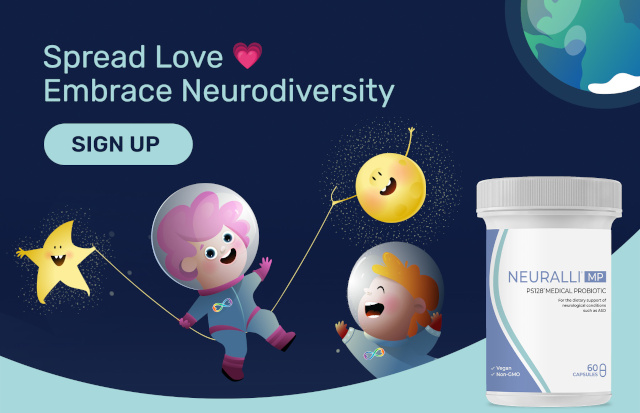


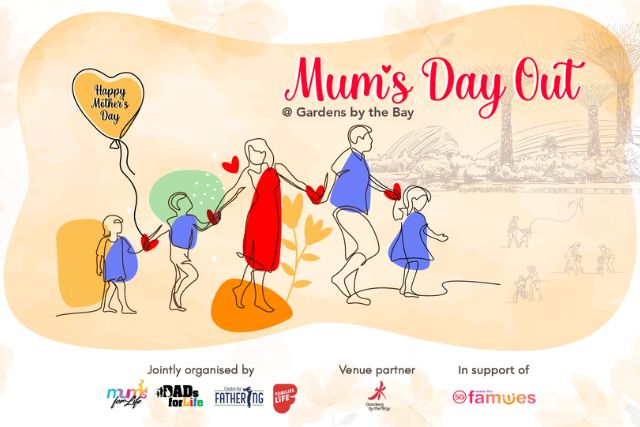


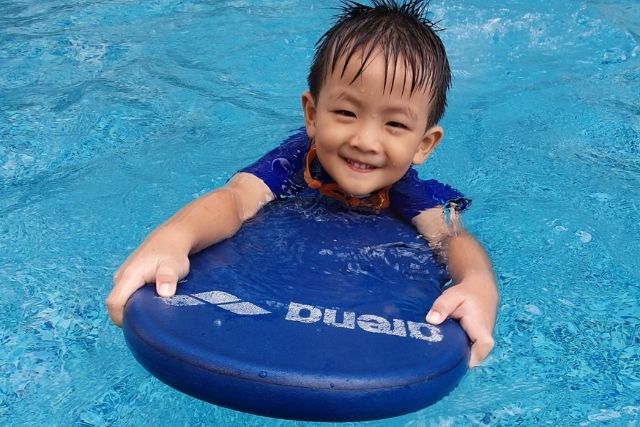





















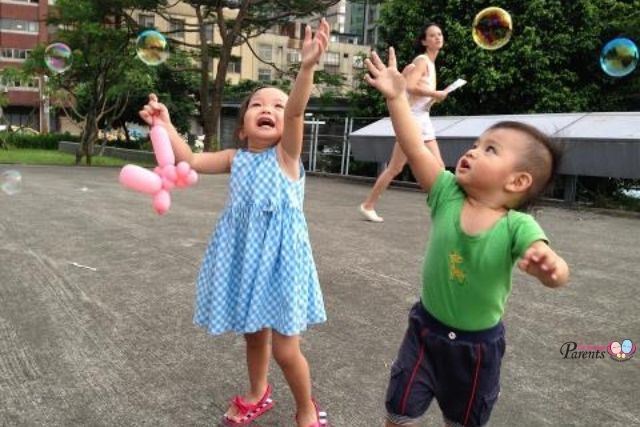
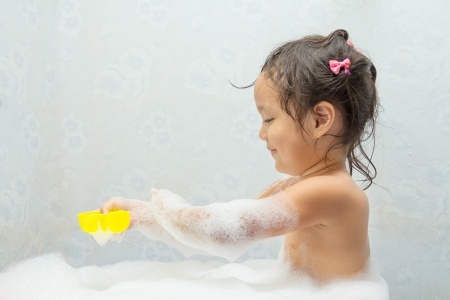
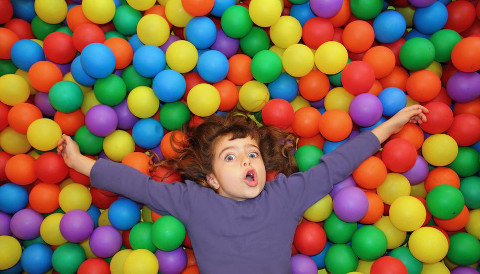


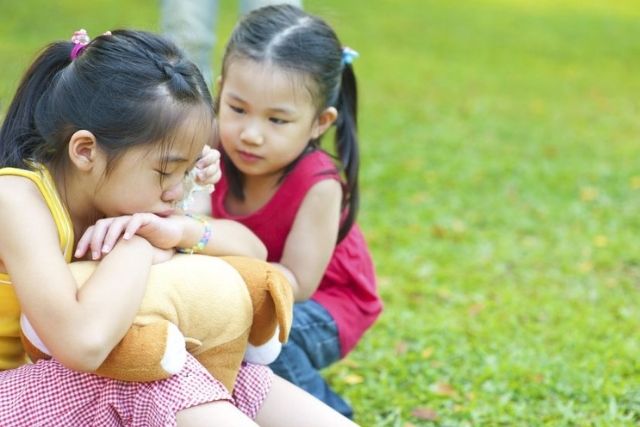
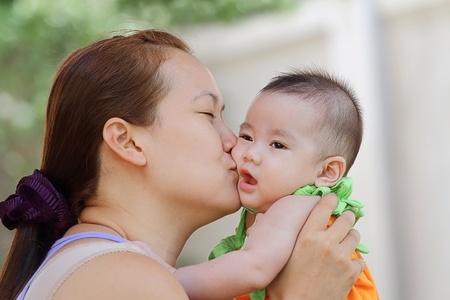


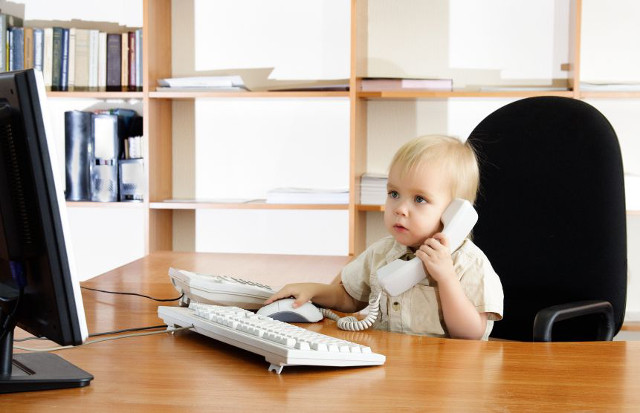

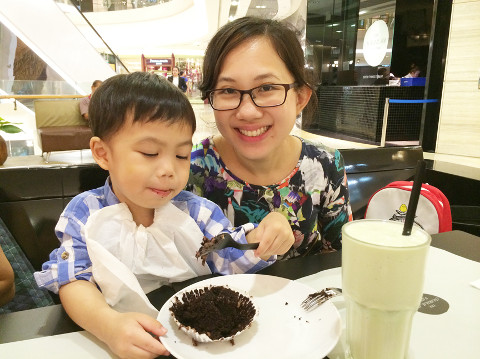
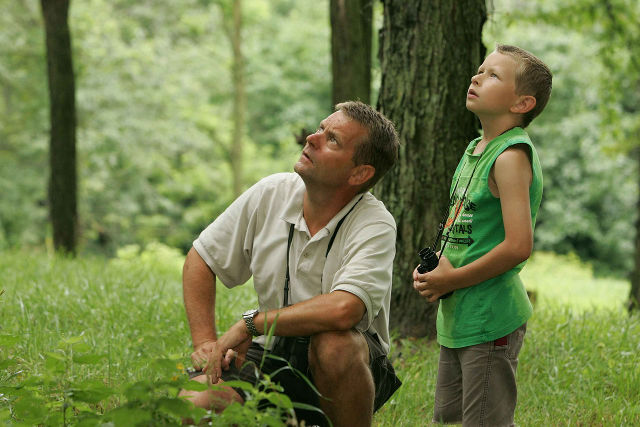









Leave a Comment: